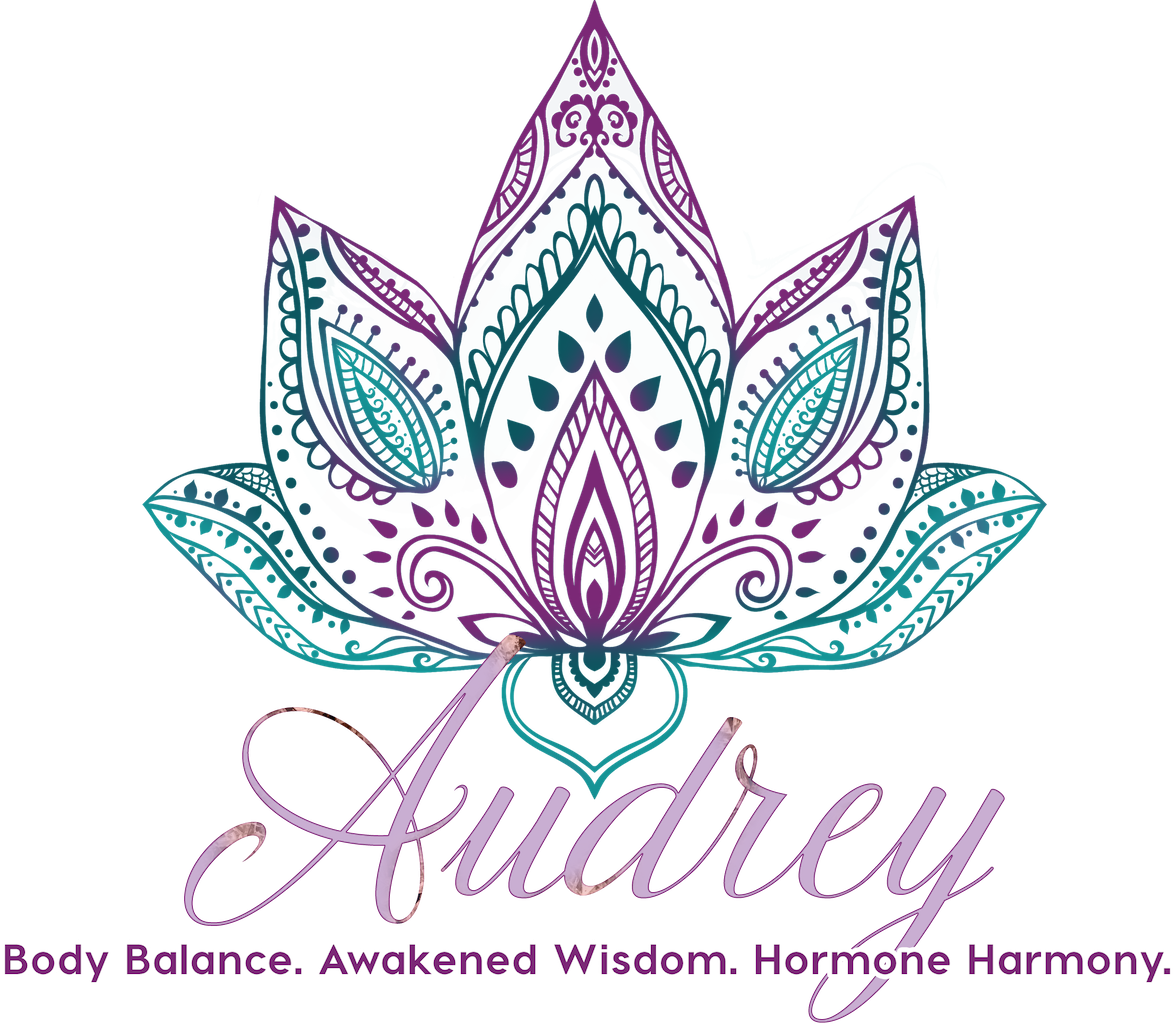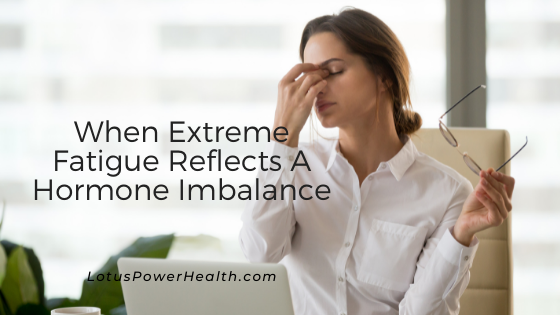Chronic fatigue is a health concern in which you can become so tired that you find it difficult to get out of bed – much less get through your daily activities.
That’s when:
- you feel tired when you get up,
- you work, yet are feeling it difficult to focus and be productive,
- you eat something and then feel like you’ve been hit by a bus and needs a nap,
- you feel tired even as the afternoon goes on,
- yet, when it’s time to go to bed, you’re finding it extremely difficult to wind down and fall asleep.
When you hit this level of tiredness, something is going on inside your body that robs it of the ability to function normally.
And, did you know that women are twice more likely to experience chronic fatigue syndrome compared with men?
What you need to be aware of is that fatigue itself is not a diagnosis. It’s a symptom that you have a medical situation going on that needs to be examined whether we call this chronic fatigue syndrome or something else.
For some women, feeling exhausted is a normal daily thing, but for many others, the sudden lack of energy can be a frustrating and difficult thing to deal with. Chronic fatigue can manifest itself in a variety of ways, but the basic mechanism behind it isn’t quite fully understood at the moment. Some doctors suggest that it is simply the body’s inability to keep up with the production of hormones that are normally manufactured during certain types of stimuli that involve your natural fight or flight responses. Yet, some others still believe that it could point to other more serious types of disease.
There are several different causes of fatigue. Here I want to focus on a couple of them. Understanding these will help you make more informed decisions on your healing journey.
Let’s review the two main causes of extreme fatigue!
Cause #1: Pushing yourself too much
One cause is when you push yourself beyond your body’s capabilities.
But for most women, fatigue isn’t caused by something they can point to and say that it happened because they overdid it. It builds over time to when you’ve exhausted your body’s capabilities, yet are not able to understand when it started. What matters there is to review everything that you are doing so that you can get a clearer idea as to where you are pushing yourself too much.
Imagine that you are working from home. You are getting up, and the first thing you do is check your emails. Then you go on through the day, working hours after hours, barely taking a break for lunch. Then comes the evening and you are so exhausted that you don’t make the best choices for your meals. Or you are even too exhausted to cook. This builds up over time.
Cause #2: Hormonal imbalance
The leading cause of fatigue, especially in women, is due to a hormonal imbalance.
I see it every day in my practice. That’s why women come to me, to help them understand how their hormones work and how to rebalance them so that they can address the symptoms that are hindering them (like extreme fatigue). When you’d like to understand more about the 5 steps for optimised health and balanced hormones, I invite you to sign up for this complimentary 10-day optimised health and wellness challenge.
Your hormones don’t get out of whack overnight. It takes some time for this to happen and because it happens so slowly, many women don’t notice it until the fatigue sets in. By then, they feel addressing that fatigue is overwhelming. Yet, it doesn’t have to be!
When hormones get too high or too low, it impacts every aspect of your health. One of the causes of fatigue in women is when estrogen and progesterone levels aren’t where they should be.

Hormonal, Ovarian, endometrial, and basal body temperature changes and relations throughout the normal menstrual cycle.
(From Carr BR, Wilson JD. Disorders of the ovary and female reproductive tract. In: Braunwald E, Isselbacher KJ, Petersdorf RG, et al., eds. Harrison’s Principles of Internal Medicine. 11th ed. New York: McGraw-Hill, 1987: 1818-1837.
When these levels are off, you’ll notice that you begin to drag and you may also see that you’re suddenly not sleeping well – even though you feel bone tired. As a woman goes through specific stages in life, there’s a higher chance for a hormonal imbalance to kick in.
When a young woman hits puberty, her hormones can suddenly change, and this can lead to that imbalance, followed by fatigue. During monthly menstrual cycles, the levels of estrogen can drop low and lead to fatigue.
When a woman is pregnant, this can also cause a hormone imbalance. So can the time immediately following childbirth. For older women, it’s perimenopause and menopause that can be behind the fatigue.
One of the reasons for a hormonal imbalance during these times in a woman’s life is when the estrogen level isn’t right. Estrogen is what impacts cortisol. Cortisol is what’s in charge of the body’s ability to deal with stress.
When the estrogen level isn’t right, the cortisol can’t do its job, which in turn leads to significant imbalance and fatigue. When the estrogen is off, the progesterone can be out of whack as well.
One hormone, estrogen, can sometimes be higher in production during a hormonal imbalance. This can lead to cortisol changes, which cycles right back to fatigue again. If you have a hormone imbalance in your thyroid, this can lead to a reduced level of the hormone that’s needed for energy.
Because the thyroid isn’t making enough, which is called hypothyroidism, this can lead to fatigue.
How do I know if I am experiencing symptoms of hormonal imbalance?
There are many symptoms you might be experiencing that can lead you to understand that you are dealing with a hormonal imbalance. I have summarised most of the ones I see with my clients in this questionnaire you can take for yourself.
What to do when you are experiencing that level of fatigue?
If you have been struggling with chronic fatigue for a while, you might have heard different names for it.
Are you experiencing fatigue? How long for? How does it play into your daily life? What is it preventing you from doing? What have you tried to get out of this fatigued state? How would your life be if you were no longer feeling fatigued?
Please leave your answers below and let me know! Let’s find a solution for your fatigue! ?
FREE 10-Day Optimised Health & Wellness Challenge
Discover the 5 steps of The Optimised Health Formula and how you can apply them to your life.

